Childhood in the fire
Thinking back to my childhood, I was so scared! The vast rice fields in my hometown were so sad and desolate. My mother's voice still rings in my ears. Every time I heard the "buzzing" sound of an airplane overhead, I would hug her tightly, shivering. She would pull me down into the dark, damp bunker under the house. Back then, every house had a bunker like that. Once I got down there, my heart kept pounding, afraid that I would still see the sunrise tomorrow, or be able to play in the fields again. Now, where the bunker's mouth used to be, my mother temporarily covered it with a rotten board. Later, my father filled it with soil and planted a bed of lush green vegetables. And back then, no matter how scared I was, my mother would often pat my head and whisper: "Try your best, my child, everything will be fine." Her voice was always gentle, which made me feel a little less scared.
My hometown back then was very remote, a swampy area, very different from the kids in the towns or the suburbs of Saigon. At least they didn’t have to worry about bombs and bullets. But here, among the canals and streams and the vast rice fields, the war was like a ghost, always lurking, swallowing the dilapidated thatched roofs. I heard that the kids in the town could still listen to the radio and sing, and sometimes they had relief cakes and candies to eat. As for us in this area, there were days when we could only chew rice mixed with dry potatoes and cassava, and when we were thirsty, we would scoop up some water from the ditch to drink. But every time we heard the sound of gunfire in the distance, we had to run away like hell. Thinking back, I felt so sorry for ourselves.
The land was vast and all belonged to the landlords. My parents and the people in the village were just tenant farmers, working for hire from dawn to dusk. Everyone was skinny, their clothes patched over and over again. I remember one day when my mother waded back from the fields, her two legs were swollen, and had been bitten by leeches, bleeding profusely. Yet she still smiled, holding a bunch of wild vegetables she had just picked from the roadside, and at night she cooked a pot of soup for the whole family to eat. It was hard work but very affectionate.
Another haunting sight was the sight of soldiers sweeping the area. Whenever they heard shouts, the whole neighborhood, young and old, would rush down to the trench to hide. In the dark, damp trench, the smell of dirt and sweat mixed together, suffocating to death. But at that time, that trench was the safest place. One time, in the middle of the night, I was sleeping when I heard a loud explosion, then a bright artillery shell fell with a thud into the rice field next to my house. The whole neighborhood stayed awake that night, the children cried out, the adults could only whisper prayers. In the morning, looking at the deep hole in the field made my spine shiver. Human life in wartime is as fragile as a thread.
The world is peaceful but people's hearts are restless
Then the day of April 30, 1975 came, no more roaring planes, no more gunshots. The sky and earth were strangely silent. For the first time in my life, I saw the sky of my hometown was so peaceful. Mom let go of my hand, I and the children in the neighborhood ran out to the field screaming, dancing like crazy, so happy I wanted to cry. I thought that from now on, all suffering would end.
But peace does not mean happiness immediately. The years after liberation were a difficult time, lacking everything. I remember the subsidy period, eating rice mixed with corn and cassava until my jaw was dislocated. It was called “luxury” to sound impressive, but I couldn’t swallow it. One day, my mother cooked a pot of corn porridge that was so thin that the whole family looked at each other and no one wanted to eat it. My friend Ti Nho was even mischievous, putting dried corn in a bamboo tube and blowing it to make a gunshot sound, the whole neighborhood laughed out loud, forgetting about hunger for a bit.
Then there was the ration stamps, thinking back it was both funny and infuriating. If you wanted to buy a piece of cloth, a kilo of rice, a carton of milk, a liter of fuel oil, etc., you had to queue at the cooperative from rooster crow until late afternoon. My neighbor, Miss Ba, once queued all day, and when she got home, she discovered that she had lost her rice book and the ration stamps, and she sat there crying loudly. Back then, those things were more precious than gold, and having money didn’t necessarily mean you could buy anything. It was just like people used to say: “You keep the ration stamps in your hand, but you have to queue to buy fuel and rice.” It was so hard, and without them, the whole family would starve.
The most fun part was lining up to buy pork. When we heard that the cooperative had meat, the whole neighborhood would go out early in the morning. Everyone was carrying baskets and bags, jostling each other until they could hardly breathe. I thought I would get a delicious piece of pork belly, but when it was my turn, people said: "The meat is gone, is there any more fat?" Looking at the white, slimy pieces of fat, I wanted to go home. But seeing everyone fighting over it: "Fat? Give me two pieces!" It turned out that back then people valued fat more than meat, buying it home to make pork fat, storing it for a whole month. So I also bought a piece. When I got home, my mother laughed heartily: "Having fat is precious, my child! Making pork fat at night, using the fat juice to pour over rice is the best!". The simple meal was surprisingly delicious, with lots of laughter and chatter. It was truly a time that was both tragic and comical. Thinking back, I feel sorry but also happy.
Liberation Day was indeed a joyous day, but not everyone was completely happy. Some soldiers returned home and were able to hug their wives and children, happy and sad. But there were also families who cried their eyes out because their loved ones would never return. Then there were those who had worked for the old regime and had to go to re-education camps, and the atmosphere in the neighborhood also became gloomy. I still remember a few families who, at night, quietly packed up their belongings, got on boats and left their hometowns without a word of goodbye. Like the family of Aunt Sau who used to give me candy back then, I saw her standing by the canal bank watching the boat carrying her husband and children go further away with red eyes. I heard that they had crossed the border to find a new life. Some left, some stayed, everyone’s heart was filled with a hundred worries.
But the majority of people in my hometown still cling to this land. My family is the same. The neighborhood helps each other when the lights go out, shares every fish, every piece of vegetable. Together, we work, exchange labor, and sweat. Even though there is hunger and hardship, the village and neighborhood love is very warm. We rely on and support each other to live and overcome. That is the true character of the villagers.
Days of Innovation - Open Your Heart and Live
Then came the period of renovation (since 1986), the joy was indescribable! It felt like a fish in water. People were free to do business, to be masters of their own fields. Everyone eagerly went to the fields, working hard from morning to night. Barns were full of rice, every family had food and savings, life gradually improved.
There is no longer a scene of only knowing how to bury oneself in rice. People have boldly started to change this crop, raise that animal. Some people have abandoned rice and switched to growing oranges and grapefruits. Like Mr. Bay next door to my house, in the past he was extremely poor, now he digs ponds to raise catfish for export, each crop earns hundreds of millions, builds a brick house, buys a motorbike for his son to go to work. The economy has improved, his life has become much less difficult.
Spiritual life is also better. Every family has a TV and a motorbike. Children can go to school properly. Schools and clinics are newly built and more spacious. Like my son Hai, who used to only finish 5th grade, now he is studying at university and is successfully working as an engineer. The renovation period truly opens up many opportunities.
Remembering the day of reunification, the late Prime Minister Vo Van Kiet said something that I deeply understood: “There are millions of people who are happy, and millions of people who are sad.” Happiness is when the country is free from war and reunited. Sadness is when there are so many losses and separations. He was so right, both joy and sadness are the flesh and blood of our nation. We must look at them to love each other more, and to let go of old hatreds. If we want our country to become stronger, the Vietnamese people must know how to let go of the past and look to the future.
A few years later, many of those who left their homeland have returned. Like Mr. Chin in the upper hamlet, who crossed the border back then, has now returned to open a large shrimp farm, creating jobs for several people in the hamlet. Every now and then, while drinking tea, he would tell stories about his homeland, but after he finished, he would look out at the canal in front of his house and say with a tearful voice: "Wherever you go, my homeland is still the best!". It's heartbreaking to hear.
And the young generation now is very good. Our children get to study abroad in this country or that, bringing back knowledge to build their homeland. The Cu next door studied in Japan, applied some irrigation technique and the rice grew so well that I was amazed. But there are also children who stay there forever, considering it their second homeland. I am happy for their success, but also sad because they live so far away.
Hope for a brighter tomorrow
Every afternoon, sitting and watching the rising and falling tides on the Vam Co River in front of my house, I only wish for one simple thing: "I hope that the water in my hometown's river will always be clear and blue, never dry up, and that the land will never be salty. I hope that when the children grow up, they will know how to appreciate the land our ancestors left behind, and know how to live kindly, lovingly, and caring for each other like we did in the past."
Photo archive
Looking at the kids now riding their bikes and playing around on the newly built concrete roads, I see how bright the future of our hometown is. When I was their age, I was happy just by dreaming of having enough food and clothes. But now they dare to dream big. Some say they want to be engineers, doctors, and some even want to write mobile software to sell Long An fruits abroad! Hearing that makes me feel happy!
Looking back over 50 years, through many ups and downs, I have realized one thing: If we want this country to progress, Vietnamese people must know how to put aside the past, must know how to forgive each other, work together and build. As Uncle Sau Dan (former Prime Minister Vo Van Kiet) said, national reconciliation is a long-term matter, requiring patience and sincerity. We are all descendants of the Dragon and Fairy, we must know how to hold hands and unite as one, then our people will be strong and our country will be stable.
This afternoon, the yellow trumpet vine in front of the yard bloomed brightly. I picked a branch and put it in a vase, feeling strangely happy. Well, if we live kindly, love and care for each other, our homeland will always be green and our life will always be beautiful.
50 years, a long journey of the country, also more than half of my life in this land of Long An. Looking back to see what I have gone through, to cherish more the peace of today, to believe more in tomorrow. No matter where I go, no matter how life changes, my homeland is always where I belong, where my soul is nurtured. Poet Do Trung Quan wrote: "My homeland is a bunch of sweet star fruit,... If anyone does not remember their homeland, they will not grow up to be a human being". As long as Vietnamese people still know how to love each other, still know how to preserve the village love, neighborhood affection, preserve the national soul, preserve this love for their homeland, then surely our Vietnam will continue to grow, forever radiant./.
Truc Bach (Long An, April 2025)
Source: https://baolongan.vn/50-nam-chuyen-que-toi-a194275.html


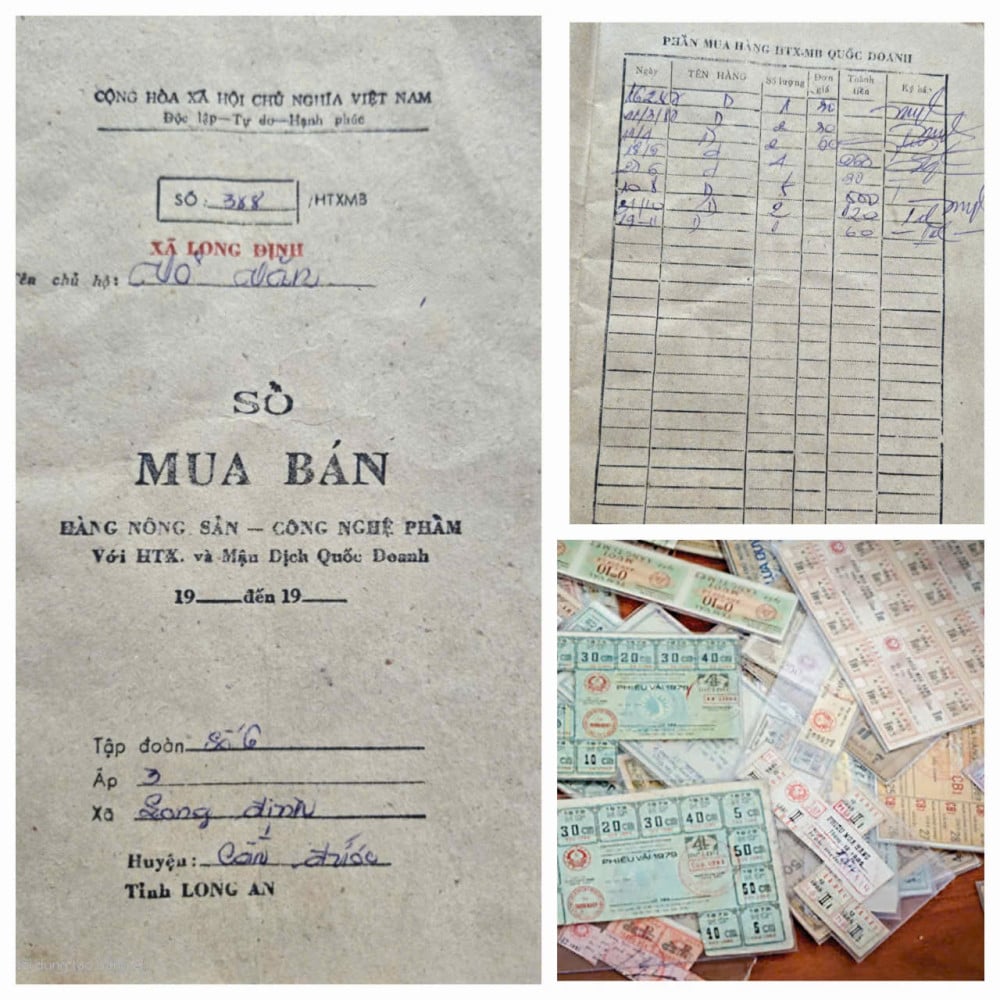
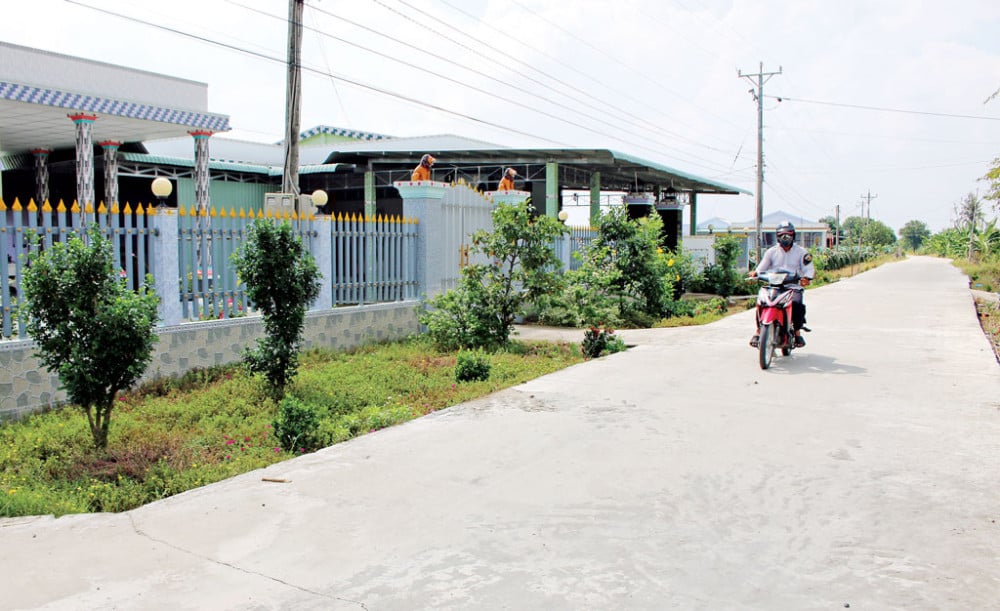
![[Photo] Prime Minister Pham Minh Chinh attends the event "Digital transformation of the banking industry by 2025"](https://vphoto.vietnam.vn/thumb/1200x675/vietnam/resource/IMAGE/2025/5/29/0e34cc7261d74e26b7f87cadff763eae)


![[Photo] Prime Minister Pham Minh Chinh receives leaders of Excelerate Energy Group](https://vphoto.vietnam.vn/thumb/1200x675/vietnam/resource/IMAGE/2025/5/29/c1fbe073230443d0a5aae0bc264d07fe)


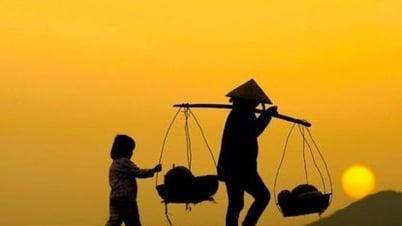

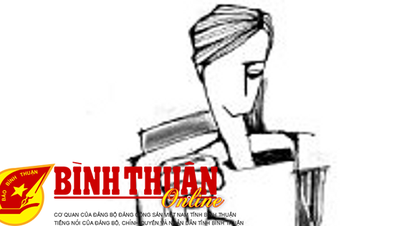

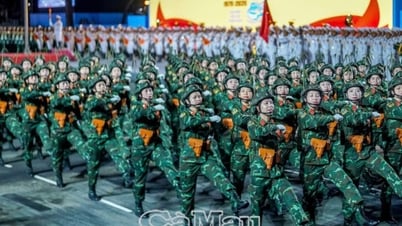

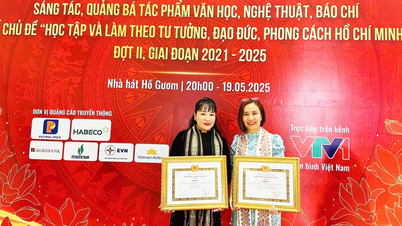


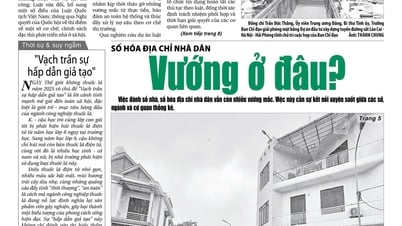





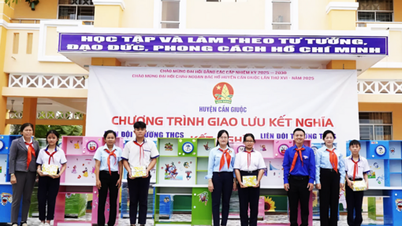

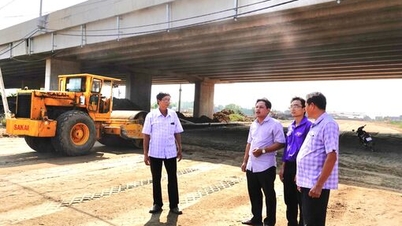
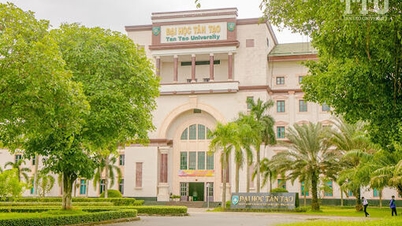

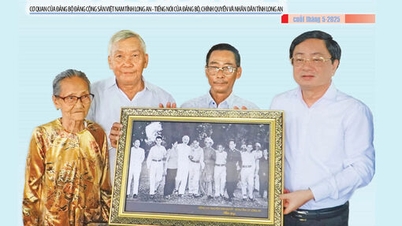




























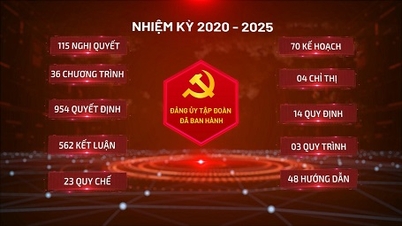





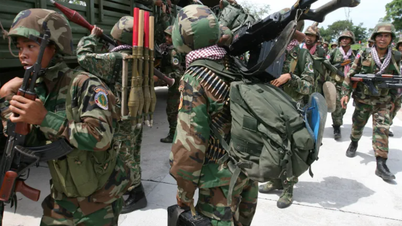





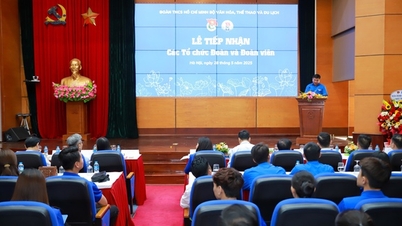
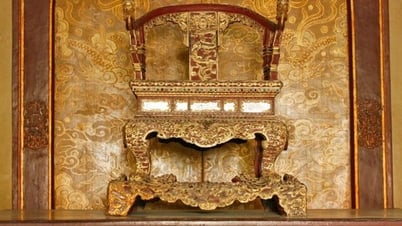
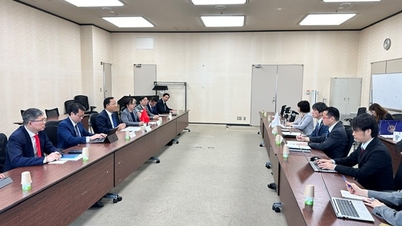



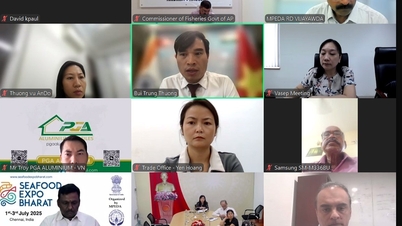
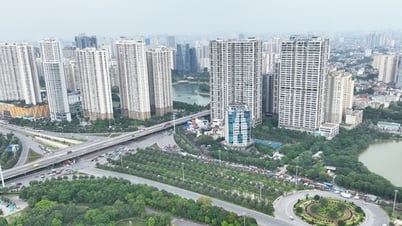


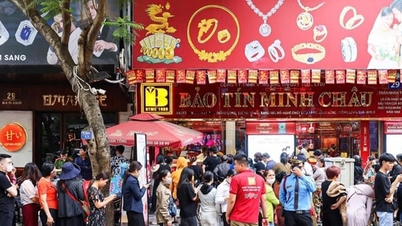

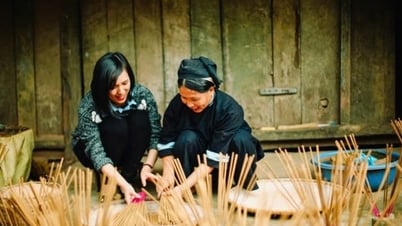















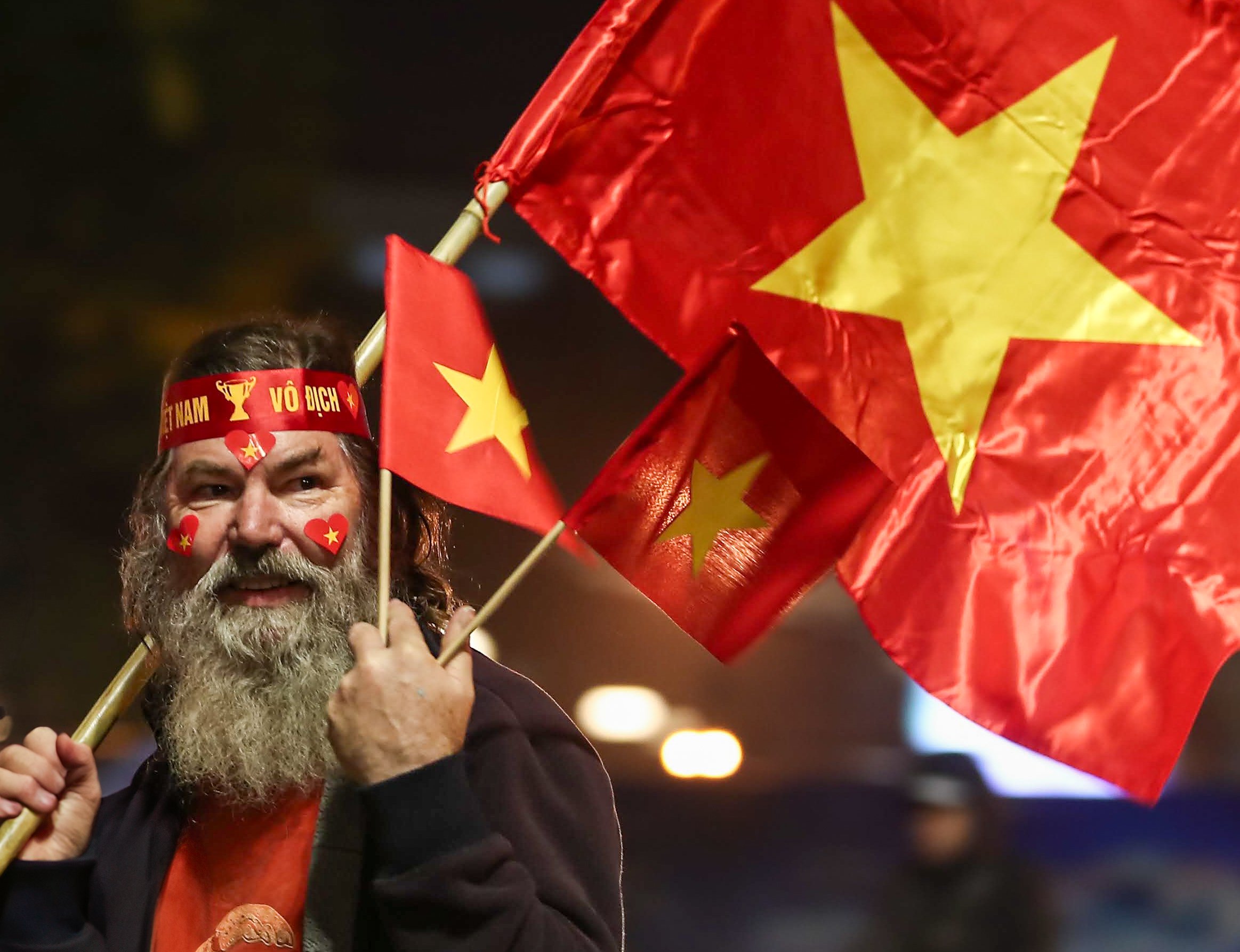



Comment (0)